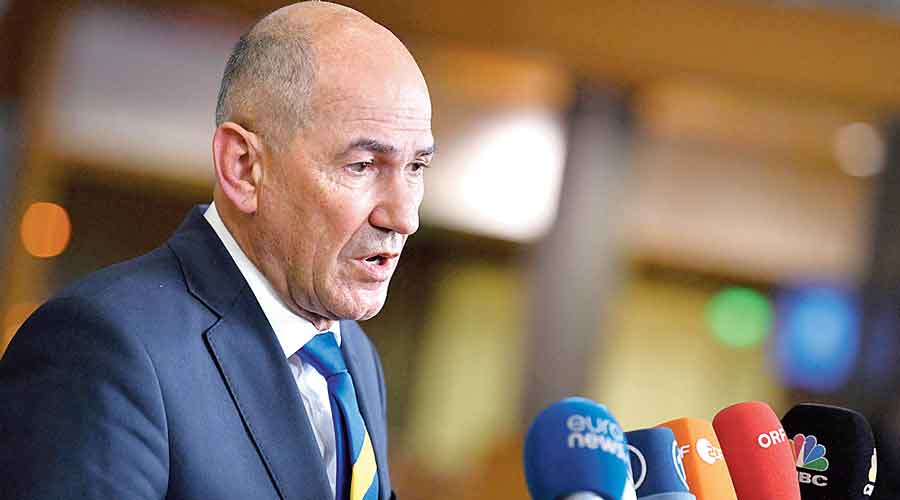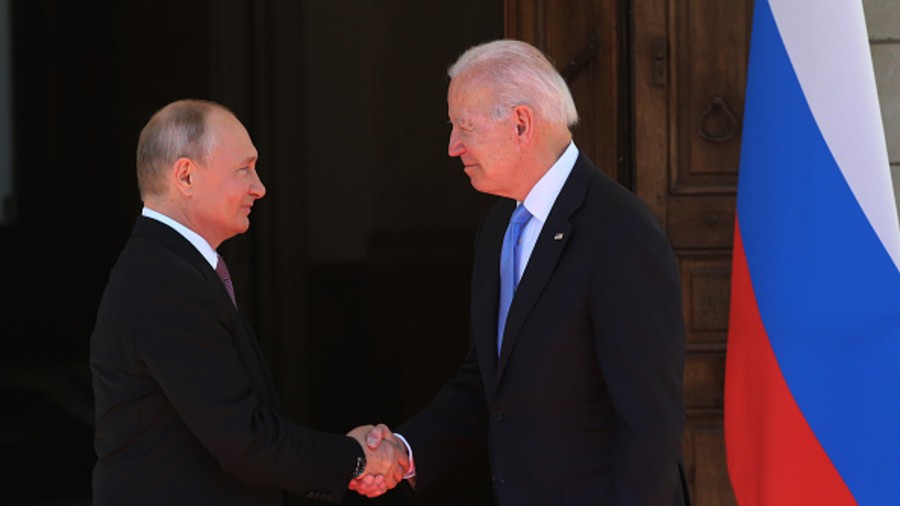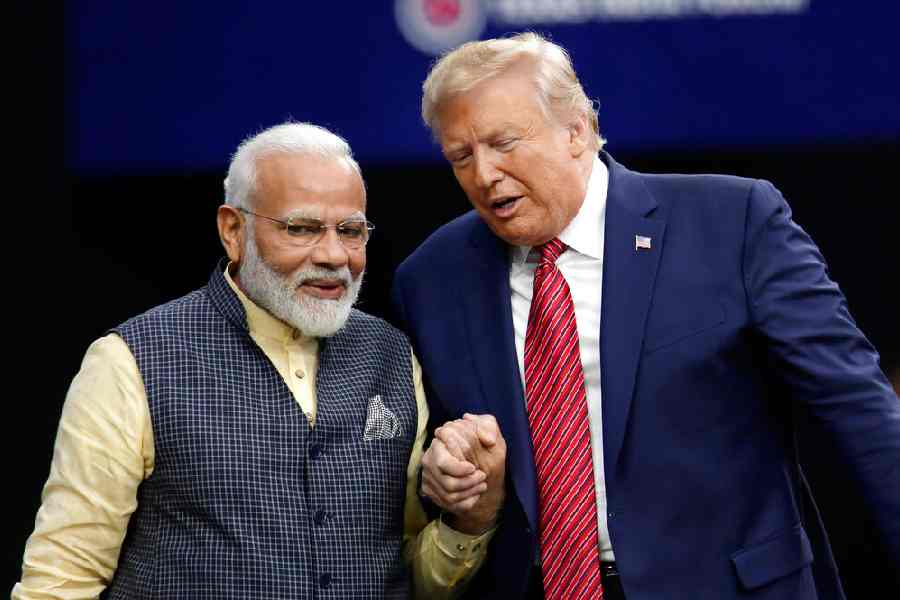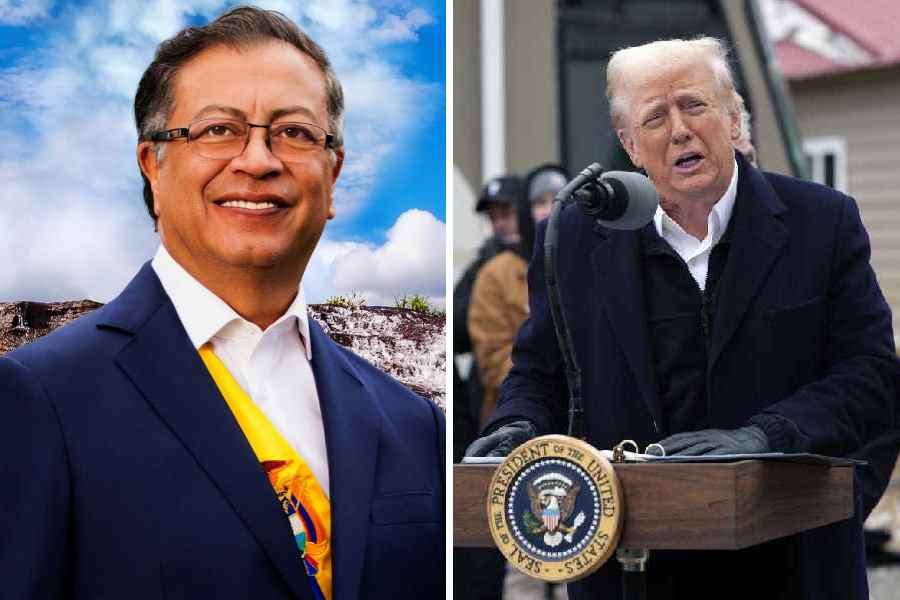Three European leaders headed to Kyiv on Tuesday to express the European Union’s “unequivocal support” and offer financial help to Ukraine, a dramatic visit that comes as intense fighting rages around the Ukrainian capital.
Travelling by train, the Prime Ministers of the Czech Republic, Poland and Slovenia crossed into Ukraine on Tuesday morning, hours after a series of loud pre-dawn blasts shook Kyiv, killing at least four people, according to the mayor, Vitali Klitschko.
The visit comes at a time when Ukrainian officials are playing up the hope the war could end sooner than expected, saying Moscow may be coming to terms with its failure to impose a new government on Kyiv by force.
US President Joe Biden will attend an extraordinary Nato summit meeting in Brussels on March 24 and will also attend the European Union’s summit meeting the same day, White House and European officials said on Tuesday.
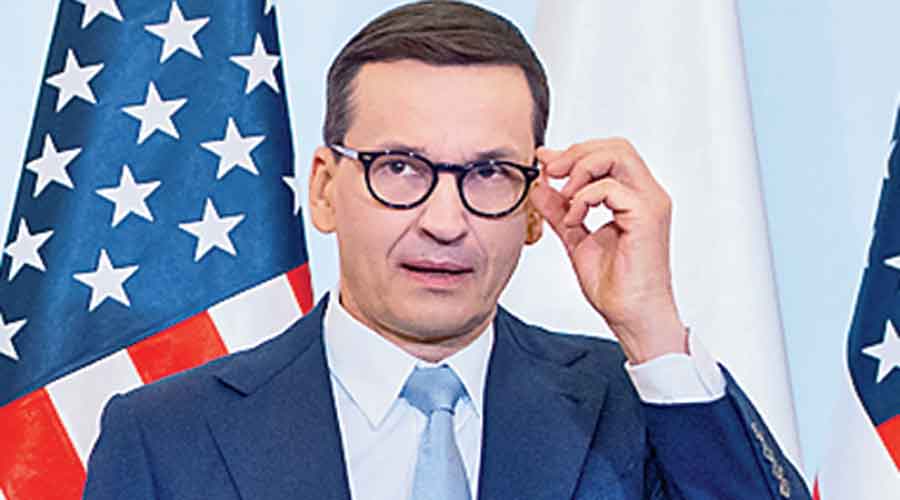
Prime Minister Mateusz Morawiecki of Poland. File photo
That European leaders could attempt to visit the Ukrainian capital was a striking symbol of Ukraine’s success so far in fending off an assault that western countries believe was aimed at seizing Kyiv weeks ago.
“It is our duty to be where history is forged. Because it’s not about us, but about the future of our children who deserve to live in a world free from tyranny,” said Polish Prime Minister Mateusz Morawiecki, who crossed the border with Czech Prime Minister Petr Fiala and Janez Jansa of Slovenia.
Fiala said the aim was “to confirm the unequivocal support of the entire European Union for the sovereignty and independence of Ukraine”.
The European leaders will arrive in a city still under bombardment, where around half of the 3.4 million population has fled and residents spend nights sheltering in underground stations.
Czech and Polish officials said the Prime Ministers’ mission was coordinated with the EU and agreed by the bloc’s leaders at a summit last week. However, some officials in Brussels were circumspect.
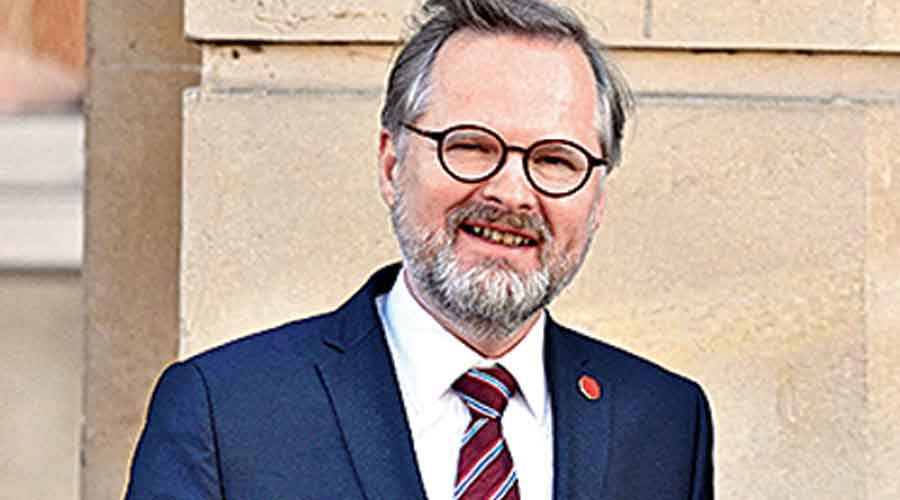
Prime Minister Petr Fiala of the Czech Republic. File photo
While every peace initiative was welcome, the trip “poses serious security risks,” noted one EU official. “Some leaders might also wonder: will this jeopardise or will this improve conditions for negotiations with the Russians? It remains to be seen, of course. It’s a fine line.”
In the latest hint at compromise, Ukrainian President Volodymyr Zelenskiy said on Tuesday Kyiv was prepared to accept security guarantees that stop short of its long-term objective of the Nato alliance membership, which Moscow opposes.
Ukraine understands it does not have an open door to join Nato yet, Zelenskiy said in a video message: “If we cannot enter through open doors, then we must cooperate with the associations with which we can, which will help us, protect us... and have separate guarantees.”
Peace talks between Russian and Ukrainian delegations via a video link restarted on Tuesday after a pause on Monday, the first time a round of talks ran to a second day.
Representatives from Russia and Ukraine were discussing a possible cease-fire, said Mikhailo Podolyak, a Ukrainian delegate to the talks, who tweeted that Kyiv was seeking the withdrawal of Russian troops. The two sides were meeting via a video link.
Kremlin spokesperson Dmitry Peskov said it was too early to predict progress: “The work is difficult, and in the current situation the very fact that (the talks) are continuing is probably positive.”
One of Zelensky’s top aides said the war would be over by May, or even end within weeks, as Russia had run out of fresh troops.
“We are at a fork in the road now,” Oleksiy Arestovich said in a video. He said he expected either a peace deal within one or two weeks or another Russian attempt with new reinforcements, which could prolong the conflict for another month.

